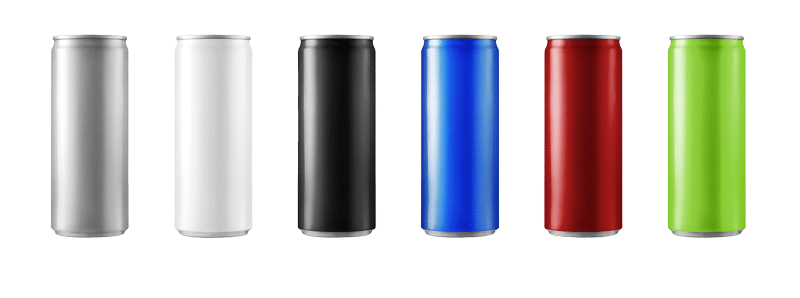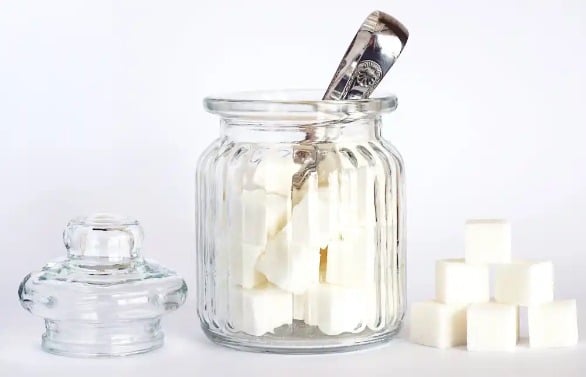We don’t use any sugar in our drinks, or other sweeteners for that matter, instead working with the flavours from our botanical distillations. When we first started our botanical brewery, it was important that we didn’t add any ingredients that were putting pressure on our health and wellbeing, and that included sugar and other artificial sweeteners.
In everyday life, from sodas to sports drinks to sweetened teas, it’s incredibly easy to consume loads of sugar without even realizing it.
But sugar and high fructose corn syrup (HFCS) in drinks can potentially be harmful to your health when consumed on a regular basis.
Here is how sugar can be harmful to your health
- Weight gain: Sugar and HFCS are empty calories, which means they provide energy but no nutrients. When you consume too many empty calories,it can lead to weight gain and obesity. In fact, sugary drinks are one of the leading contributors to the obesity epidemic.
- Increased risk of type 2 diabetes: Consuming sugary drinks on a regular basis has been linked to an increased risk of developing type 2 diabetes. This is because high levels of sugar in the blood can lead to insulin resistance, which is a major risk factor for diabetes.
- Heart disease: Research has shown that people who consume sugary drinks regularly have a higher risk of developing heart disease. This may be due to the fact that sugary drinks contribute to weight gain, high blood pressure, and high cholesterol, all of which are risk factors for heart disease.
- Tooth decay: Sugary drinks can also harm your oral health by increasing the risk of tooth decay. The sugar in these drinks feeds the bacteria in your mouth, leading to the production of acid that can erode your teeth.
- Poor nutrition: Many sugary drinks do not provide any nutritional value and can actually displace more nutrient-rich foods in your diet. For example, if you consume a sugary soda instead of a glass of milk, you will miss out on important nutrients like calcium and protein.
So, be sure to read labels – even drinks that seem healthy can be loaded with sugar.
The World Health Organization recommends less than 50g of free sugars per day
The World Health Organization (WHO)recommends that adults and children limit their intake of free sugars to less than 10% of their total energy intake. Free sugars are sugars that are added to foods and drinks, as well as sugars that are naturally present in honey, syrups, and fruit juices.
To put this in perspective, if you need 2,000 calories per day to maintain a healthy weight, this means that less than 200 calories should come from free sugars. Since there are 4 calories in 1 gram of sugar, this means that you should aim to consume less than 50 grams of free sugars per day.
It’s worth noting that these recommendations are for added sugars and do not include sugars that are naturally present in fruits, vegetables, and other whole foods. These types of sugars are accompanied by important nutrients and should be included as part of a healthy diet.


